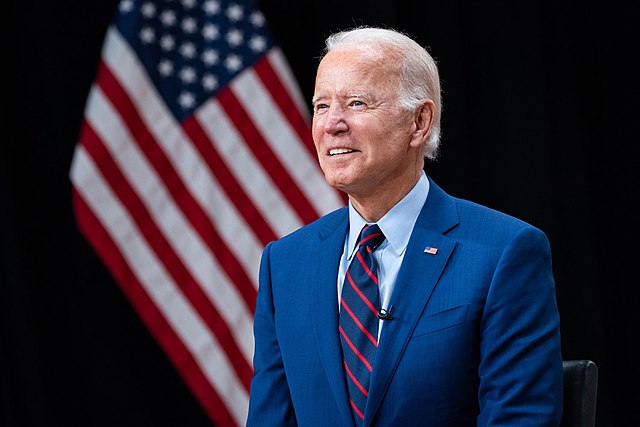After much ado, USA has finally passed a game-changing bill to cut 40% emissions by 2030 and to transition towards renewable energy
To fight climate change and inflationary fossil fuels, the U.S. Senate has passed major legislation supporting the clean energy transition. The Inflation Reduction Act of 2022 will direct $369 billion toward clean energy and put the US economy on track to cut emissions 40% or more by 2030.
While this would be the largest US climate investment in history, the country is also historically the biggest emitter. The bill finally comes as some much-needed climate action by the US and provides significant climate finance to do so. The Act will likely be voted on in the House this week, where Democrats have a strong majority, and will shortly thereafter be signed into law by President Biden.
The bill has the potential to create 9 million good jobs in the U.S. over the next decade. Clean energy stocks soared once it was announced that they had reached agreement on the Act.
Key elements of the Inflation Reduction Act of 2022
- Tens of billions to decarbonise the economy through tax credits for clean electricity and energy storage
- $250 billion in new loan authority for energy projects
- $60 billion to decarbonise American manufacturing for industries like steel, cement, and aluminium
- A methane fee on the oil and gas industry for the pollution during extraction
- $60 billion to advance environmental justice in disadvantaged communities
- EV tax credits — a $4,000 tax credit for lower- and middle-income Americans to buy used clean vehicles, and up to $7,500 to buy new clean vehicles
- $9 billion in rebates for consumers to purchase electric appliances
- Over $20 billion for forest conservation and stewardship and climate-smart agriculture
The bill will enable the US to cut up to 44% of emissions by 2030 (from a 2005 baseline), an increase from the projection of only 25-34% emissions reductions without this legislation. This falls short of the 50-52% emissions reduction target the US pledged in 2021, but more action by Biden’s executive branch and business and local leaders can help close that gap.
“This bill is seemingly the largest investment in national climate action, ever. It takes a broadly market-friendly approach, focused on accelerating demand for key products necessary for the transition—this should accelerate technological progress and create an incentive for even more private investment. Technology costs coming down in the US should lead to lower costs globally, too,” says Brian O’Callaghan, Lead Researcher and Project Manager of the Oxford University Economic Recovery Project:
The bill comes a few months before COP27, setting a fertile ground for other major emitters to start taking action. “The Inflation Reduction Act heralds a new era of climate action in the US with a decade-long program of federal incentives for a faster energy transition. In short it helps the US close its implementation gap. It provides a needed jolt to climate diplomacy and allows the US to engage from the basis of action not just exhortation,” said Rachel Kyte, Dean of Fletcher School of Law and Diplomacy, formerly CEO of Sustainable Energy for All, Special Representative of the UNSG for Sustainable Energy for All.
Looming doubts
However, some experts feel that while the bill is a progressive step, it “does not go far enough to meet the scale of the climate emergency”. The bill also fails to give adequate protection to the communities at the forefront of climate change, while leaving room for more fossil fuel extraction. Experts also hope that this bill will pave the way for stronger actions from the USA to meet its share of climate finance internationally, to help developing countries adapt and address loss and damage.
About The Author
You may also like
Litigation increases legalisation of protection against climate threats: Report
What COP30 reveals about the next phase of multilateralism
EU to waste billions on hydrogen pipelines in new PCI list, warns experts
India needs targeted public finance to scale green steel production
India Pushes for Critical Minerals Circularity and Collective Action on Climate at G20

